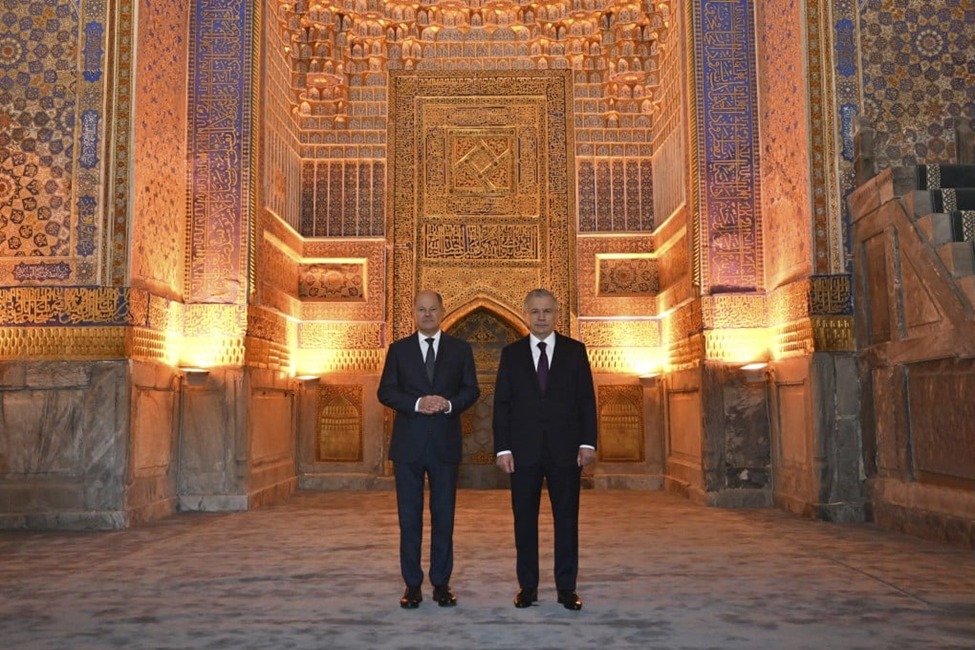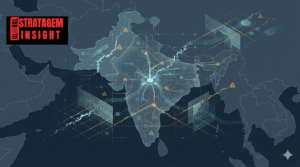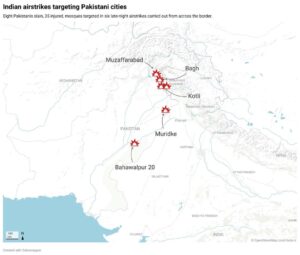Germany and Uzbekistan Seal Historic Migration Pact

On September 15, 2024, Chancellor Olaf Scholz and Uzbek President Shavkat Mirziyoyev struck a significant migration pact that addressed Germany’s labor need. The Samarkand agreement aims to accelerate the legal migration of skilled professionals from Uzbekistan to Germany and expedite the expulsion of those who are unlawfully present in Germany. The German Interior Minister Nancy Faeser, who joined Scholz, stated, “We have an acute need for qualified workers, especially in manufacturing, healthcare, and smaller trades.” The deal comes when the German government grapples with the consequences of an ageing population and a shrinking workforce. The agreement intends to meet the rising need for labor, particularly in key specialties, by ensuring the uninterrupted transit of skilled Uzbek residents.
This is part of Germany’s overall migration strategy, which aims to support legal and orderly migration while also erecting hurdles for potential immigrants. In recent years, Germany has entered into agreements with nations such as Kenya and India to ensure a steady supply of human resources to drive its economy. It further embodies Germany’s shift in the foreign policy of Central Asia, especially through Scholz’s recent visit that signaled deeper cooperation. In addition to the migration pact, Germany and Uzbekistan signed intergovernmental cooperation agreements in key areas, such as materials and transport.
Source: South China Morning Post, Bloomberg



